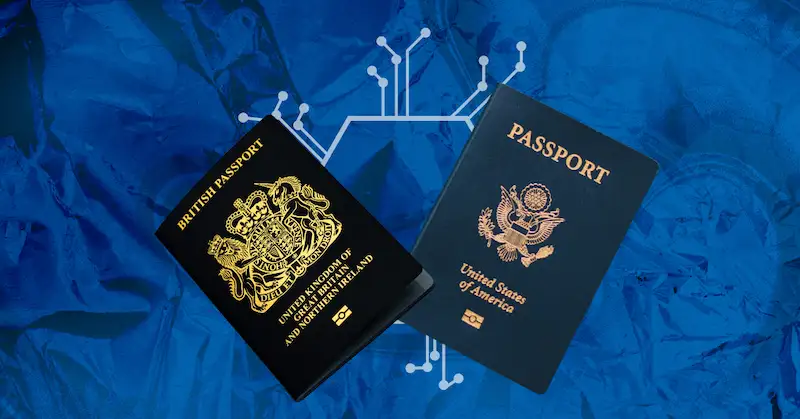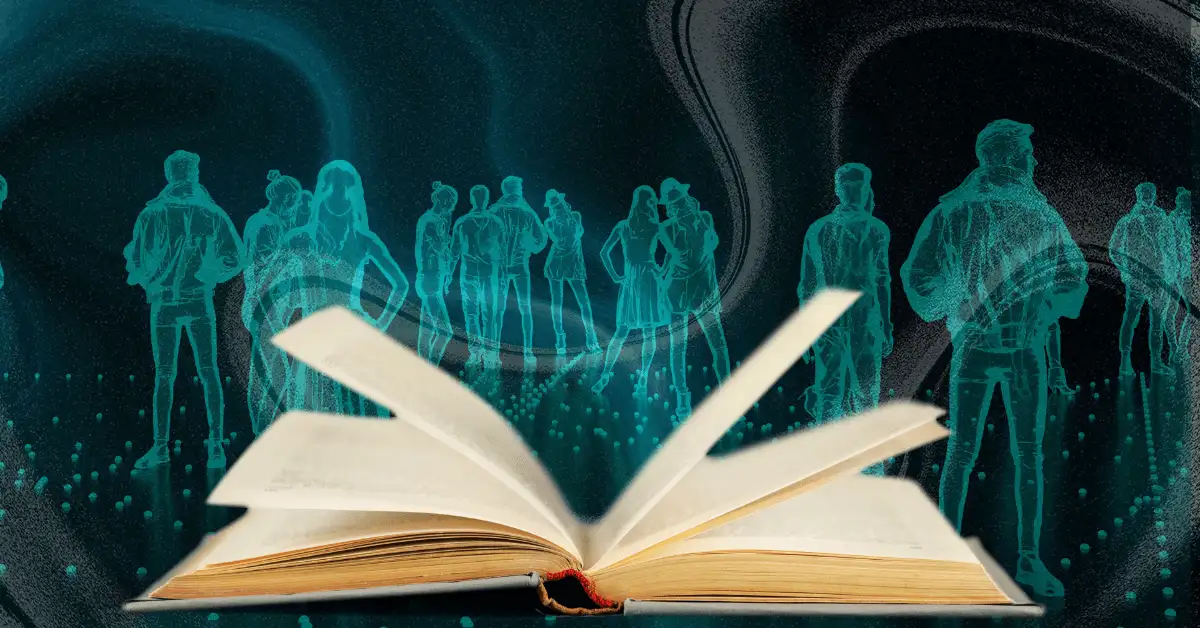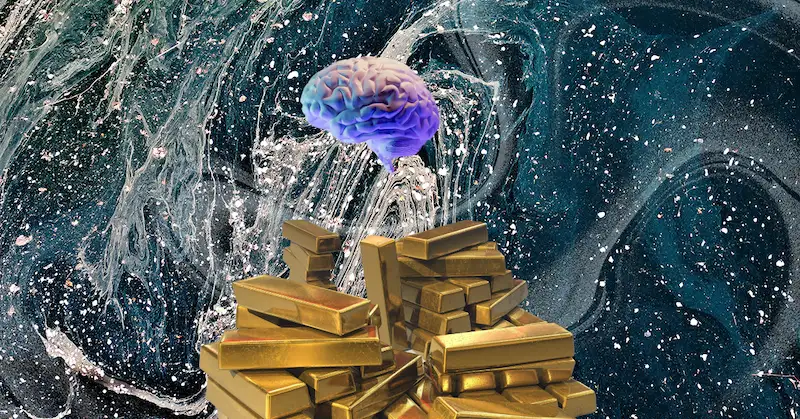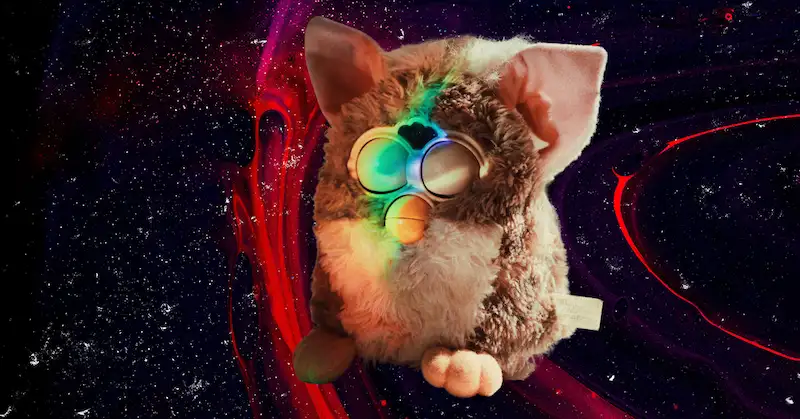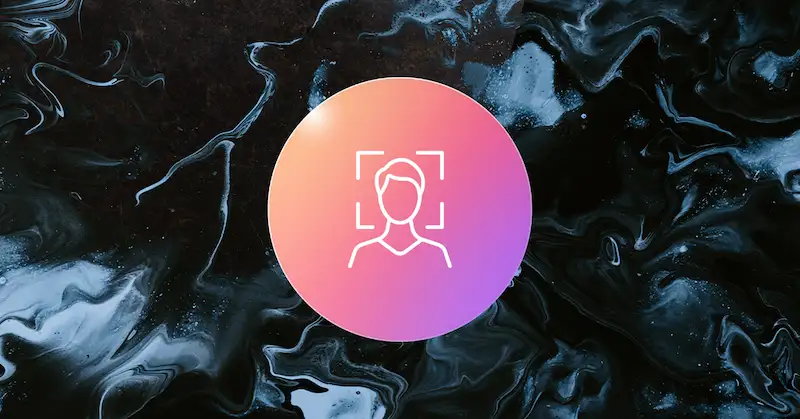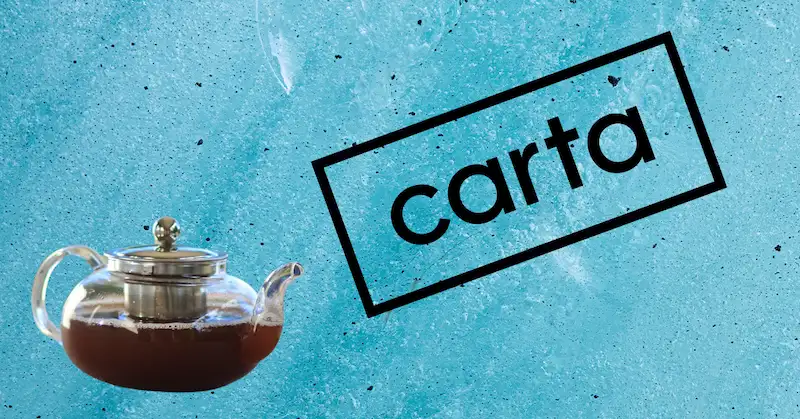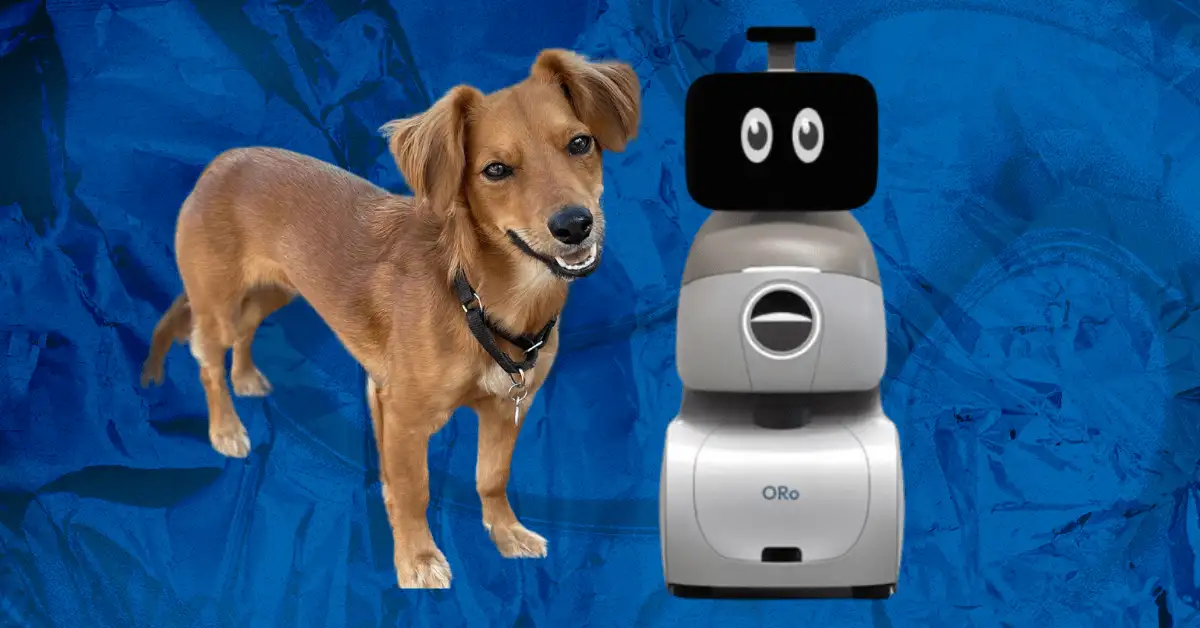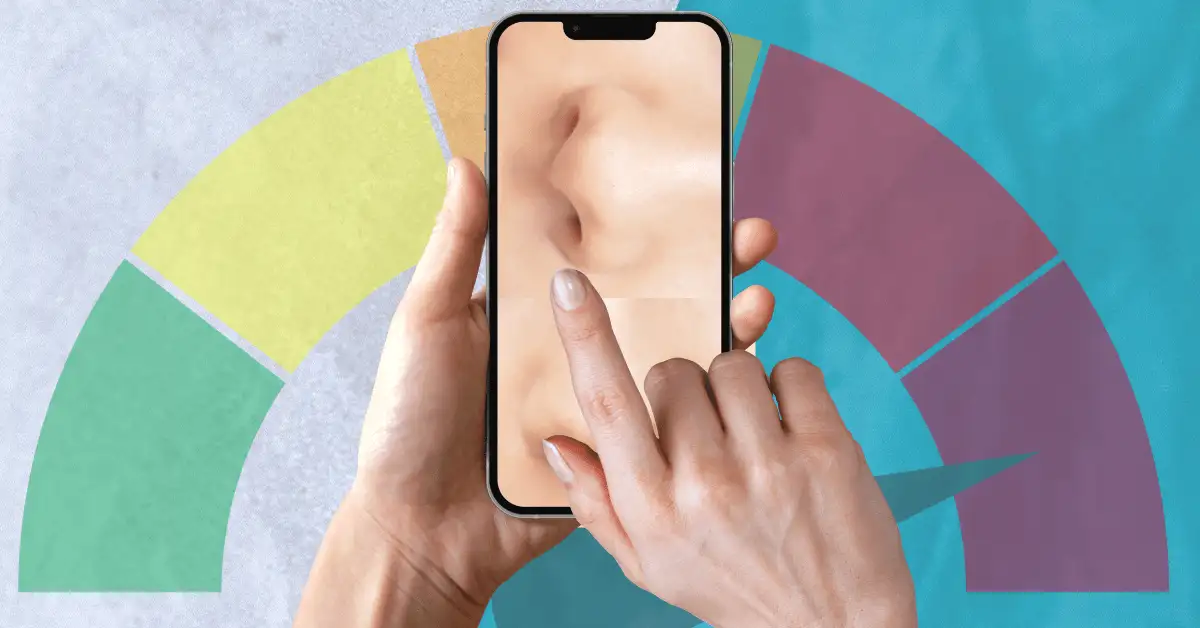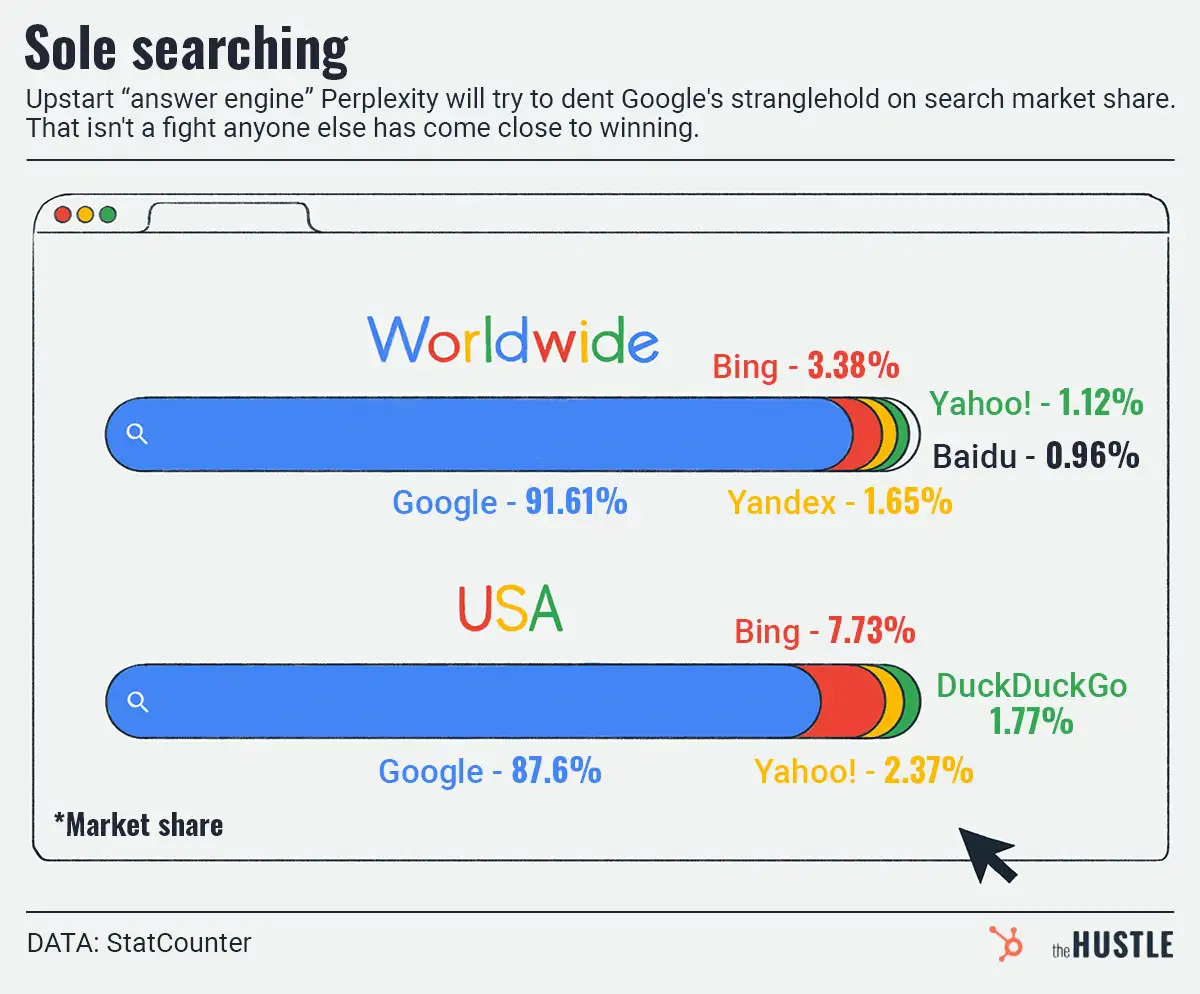Scientists have done something both fun and dystopian: They’ve created an AI death clock.
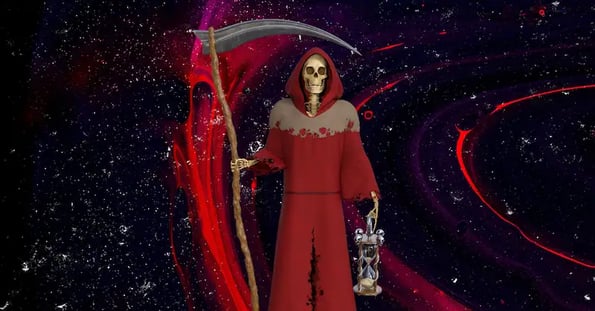
Researchers at the University of Copenhagen and Northeastern University developed life2vec, an AI model trained on the health, education, employment, income, and other data of Danish citizens collected between 2016-2020, per USA Today.
How it works
The recently-published findings are a bit more scientific than the demonic app from the 2019 film Countdown, which has a 26% rating on Rotten Tomatoes.
The model received the data, provided by the Danish government, in sentences, such as: “During her third year at secondary boarding school, Hermione followed five elective classes.” (That’s an actual example sentence, not a Harry Potter thing.)
- “The whole story of a human life, in a way, can also be thought of as a giant long sentence of the many things that can happen to a person,” study author Sune Lehmann said.
From there, life2vec predicted the life trajectories of 100k people — very Minority Report — ages 35-65. When asked to predict who would live for at least four years past Jan. 1, 2016, it was correct 79% of the time, per Financial Times.
Living participants of the study were not informed of the model’s predictions, something Lehmann noted would be “very irresponsible.”
What makes a longer or shorter life?
Barring unpredictable tragedies, those predicted to have shorter life spans were:
- Male
- Diagnosed with a mental illness
- Working in a skilled profession
- Lower income
Some of these things we already knew, but a potential use for this research is to identify other factors that impact health.
What researchers do not want is for corporations, such as insurance companies, to use the model on individuals.
But what we can’t wait for is for the model to predict the same time and date of death for every one of us, indicating it knows something we don’t.
